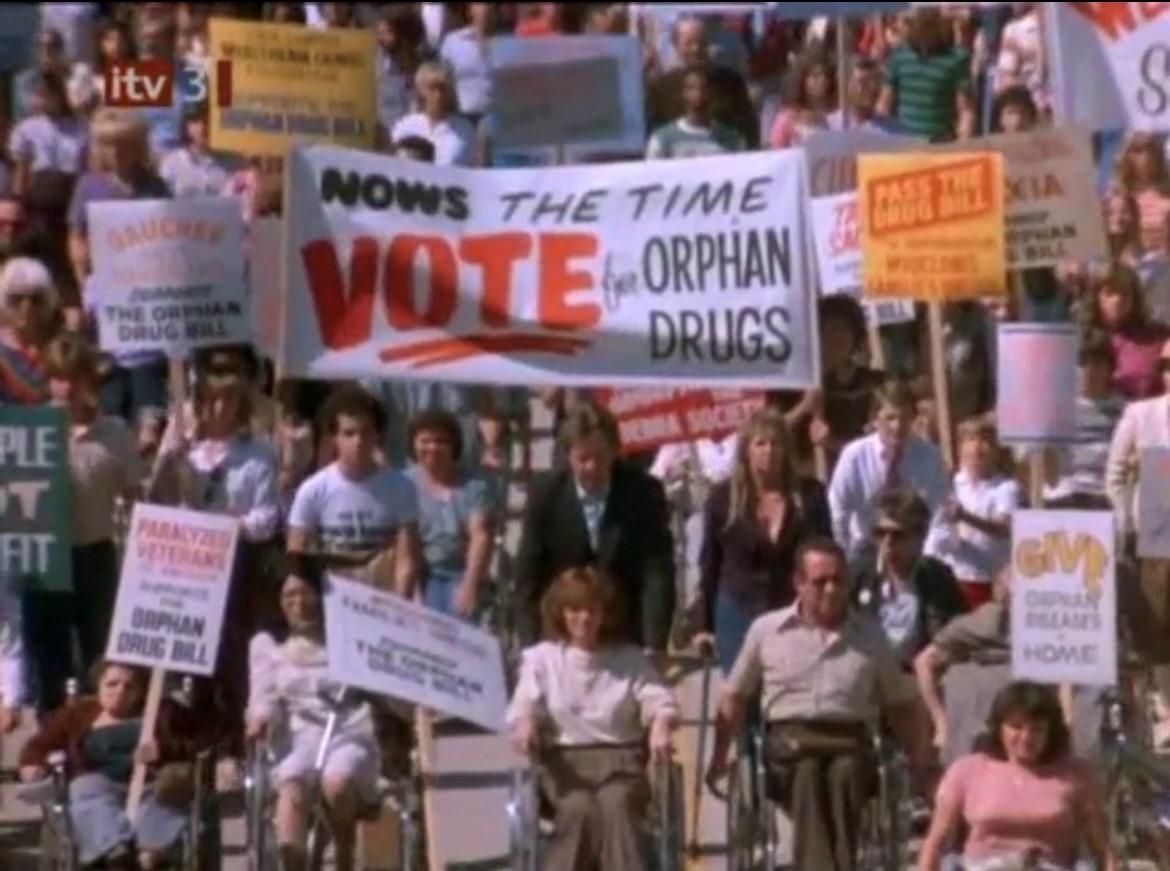
Orphan Cures Act
Just wanted to inform everyone who has a rare disease, or loves someone with a rare disease, that there is an opportunity to make a difference. When it comes to research for medications for our rare diseases we can have a voice.
Background – the Problem:
Back in the 1980’s Congress passed the Orphan Drug Act. Orphan Drugs are just that – valuable, uncommon treatments for Rare Diseases. This legislation gave incentives to pharmaceutical companies to perform research for folks like us. Rare Disease by definition is one that effects 1 in 200,000. (In the case of Sarah’s EGPA, 2-4 in a Million!)
It’s a bummer that the recently passed Inflation Reduction Act, a wonderful piece of legislation that attempts to protect patients’ pockets, accidently overlooked the incentives that companies need to produce treatments for rare diseases.
Most people don’t know that in general, 9 out of every 10 medications fail to reach the market. Each of those trials costs $900 million each – which means that investors lose 8.1 billion dollars for every 1 medication that reaches the market. For medications like Paxlovid and Remdesivir for COVID, there is already incentive enough due to the sheer numbers of people who will benefit from the treatment. Quite the opposite for those of us who suffer from Rare Diseases.
Now – The Fix:
There is a Save Rare Treatments task force (saveraretreatments.org) that is working on saving the incentives for pharmaceutical companies who create the research and medications for our rare diseases. There is pending legislation called the Orphan Cures Act, which will address issues that undermine important incentives for investors.
WE NEED YOU:
We desperately need your stories on how your Rare Disease affects you and everyone in your orbit.
ERDC has testified 4 times now for Congressional Committees and Senators. It’s really simple. There is a firm that begins the testimony with giving the run down on how the current law has changed and what needs to happen. But the most important part is for these folks to understand the very real effects of rare disease on our lives and the need for research to continue.
If you’re interested at all, please contact us and we’ll get you set up. It feels good to have a voice!


